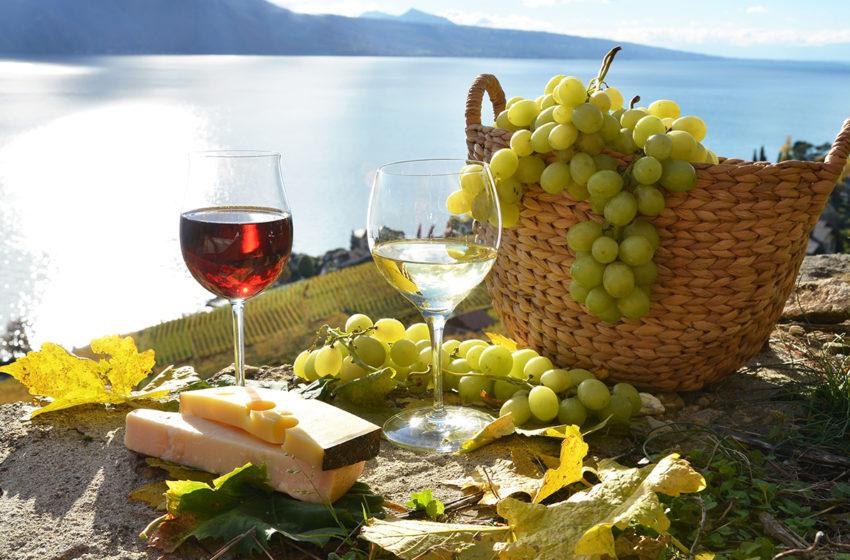Due to its vineyards, its landscapes, its climate and the quality of its wineries, Spain is a luxury as a wine tourism destination. However, wine tourism is not as widespread among the Spanish population as in other countries: United Kingdom, France, Germany, etc. Therefore, we want to show a series of ideas or tips to take into account when practicing wine tourism.
Reserve your winery before you go
Years ago it was common to arrive in a wine region and find the doors of the cellars closed. Today the wineries are open, but usually only for those who have reserved. The Langhe wine tour includes this process.
From our section of visits to wineries you can book in total comfort without any management costs. You will pay for your visit at the winery. There is no reason not to book before you go.
Do not drink and drive
Most of the routes we propose require transportation by car. Our recommendation is to taste a lot of wines, but drink little on the way. It is better to reserve it for when we are going to stop to eat without haste or to spend the night. Sleeping or eating in wineries that offer this service is very pleasant in this regard. Let us remember that wine tourism is a proposal for the enjoyment and relaxation of everyday stress, and not for taking unnecessary risks.
Stroll among the vineyards
The wine tourism trip would not be complete without approaching the vineyards that hide the true secret of the quality of a wine: And although it is not always possible to walk among a sea of vineyards, it is possible to walk along small roads or paths that cross the vineyard . In addition to enjoying the countryside and views, take a look at the characteristics of the vineyard:
The type of soil:
The type of soil greatly influences the taste of the wine. When you visit several vineyards you will see that the differences are enormous. A limestone soil is not the same as a clay soil… and both give the wine different properties. On the Ribera del Duero Wine Route , or in the Penedés wineries, or the Jumilla wineries or on the RíasBaixas Wine Route, the wines are the result of a way of understanding their culture in a different way, but also of a Very different “terroir” (we understand terroir as the combination of climate, terrain and exposure of the place)
Smell and breathe:
In many cases you will find the smell of the countryside later in the wine. It seems incredible, but it is so, and the first time you feel it will be a real revelation.
Look at how the vines are planted: how far apart they are, if there are trellises (poles with wires that hold the vine down) between them or not… their presence indicates that the harvest is most likely by machine.
Observe the size of the trunk of the vine:
The thicker they are, the older. An old vine produces fewer grapes, but they collect more elements from the ground, and the wine they produce is of higher quality.
